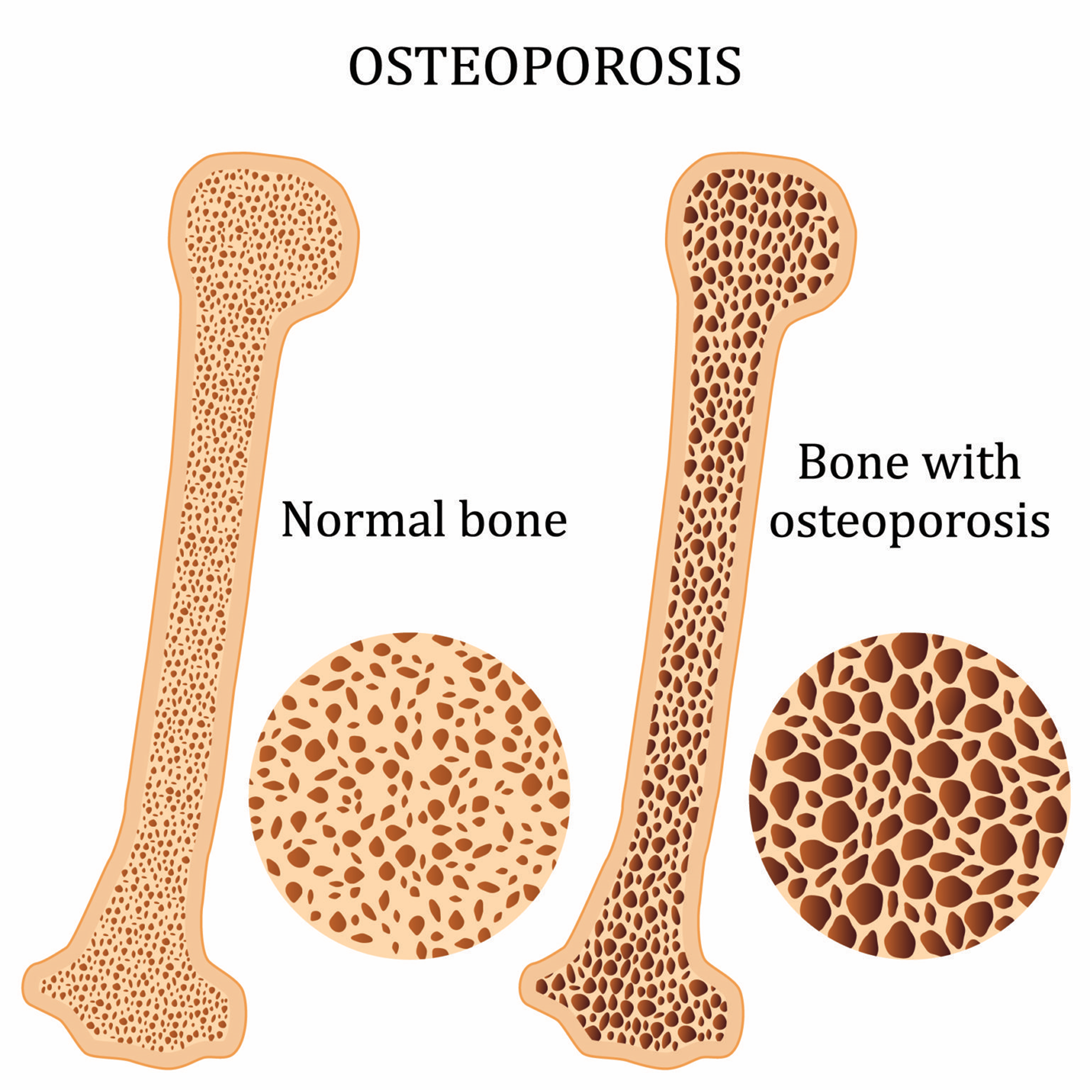A nurse is caring for a client who has meningitis and a temperature of 39.7°C (103.5°F). The client is prescribed a hypothermia blanket. While using this therapy, the nurse should know that the client must be carefully observed for which of the following complications?
Dehydration
Burns
Shivering
Seizures
The Correct Answer is C
Choice A reason: Dehydration is a concern with fever, but it is not a direct complication of hypothermia blanket therapy. It is important to ensure adequate hydration, but the primary concern with hypothermia therapy is not dehydration.
Choice B reason: Burns could occur if the hypothermia blanket malfunctions or is used improperly. However, modern devices have safety features to prevent burns, making this a less likely complication.
Choice C reason: Shivering is a natural response to cooling and can occur as the body attempts to generate heat in response to the lowered temperature from the hypothermia blanket. It can be counterproductive to the therapy and may need to be controlled with medications.
Choice D reason: Seizures are not a typical complication of hypothermia blanket therapy. While meningitis can cause seizures due to inflammation of the brain, the hypothermia blanket itself does not induce seizures.
Nursing Test Bank
Naxlex Comprehensive Predictor Exams
Related Questions
Correct Answer is A
Explanation
Choice A reason: Weight bearing exercises, such as walking, jogging, and dancing, are beneficial for building and maintaining bone density. These activities force the body to work against gravity, stimulating bone formation and slowing bone loss.
Choice B reason: While bone density scans are useful for diagnosing osteoporosis, they are not typically used as a preventive measure but rather as a diagnostic tool to assess bone health.
Choice C reason: Drinking coffee in moderation is not directly related to preventing osteoporosis. Excessive caffeine intake can interfere with calcium absorption, but a single cup is unlikely to have a significant impact.
Choice D reason: Increasing sodium intake is not recommended as it can lead to calcium loss through urine, which is counterproductive for bone health.

Correct Answer is A
Explanation
Choice A reason: Serum creatinine is a waste product from the normal breakdown of muscle tissue. A level of 1.8 mg/dL is higher than the normal range (0.61.2 mg/dL for females), indicating impaired kidney function and an increased risk of AKI.
Choice B reason: A magnesium level of 2.0 mEq/L is within the normal range (1.72.2 mEq/L) and does not typically indicate an increased risk of AKI.
Choice C reason: A BUN level of 20 mg/dL is within the normal range (720 mg/dL) and does not suggest an increased risk of AKI by itself.
Choice D reason: A serum osmolality of 290 mOsm/kg H2O is within the normal range (275295 mOsm/kg H2O) and does not indicate an increased risk of AKI.
Whether you are a student looking to ace your exams or a practicing nurse seeking to enhance your expertise , our nursing education contents will empower you with the confidence and competence to make a difference in the lives of patients and become a respected leader in the healthcare field.
Visit Naxlex, invest in your future and unlock endless possibilities with our unparalleled nursing education contents today
Report Wrong Answer on the Current Question
Do you disagree with the answer? If yes, what is your expected answer? Explain.
Kindly be descriptive with the issue you are facing.
